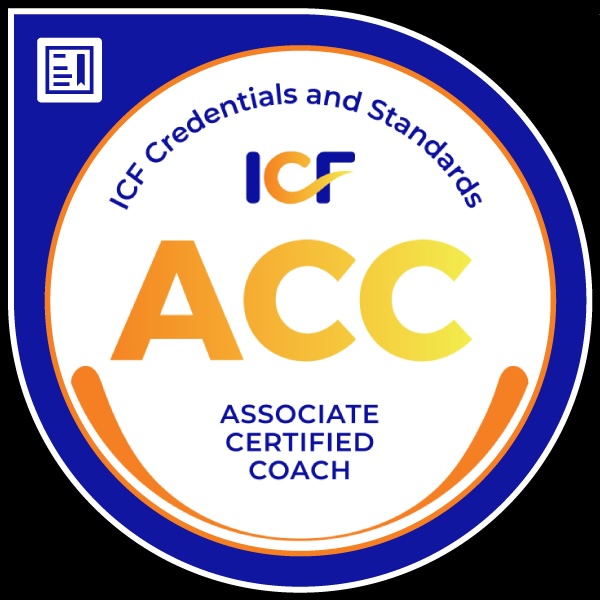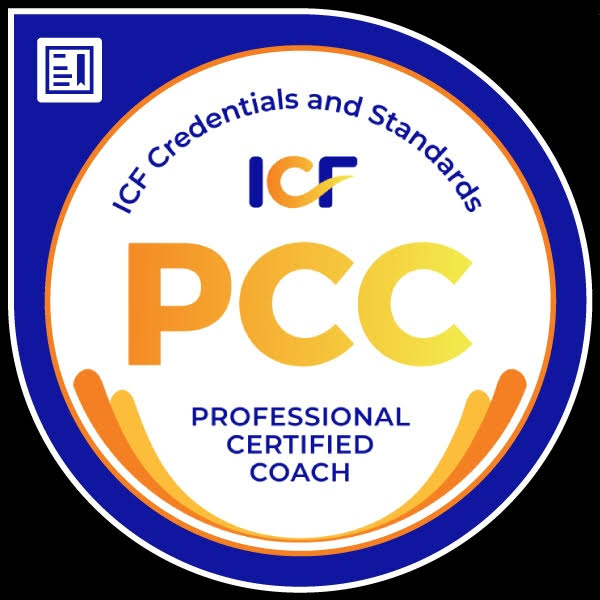Life is a series of transitions. From changing schools in childhood, moving away from friends or family, graduating from high school or college and starting a new job to becoming a parent or experiencing a loss, each phase can be both exhilarating and overwhelming.
How can Life Transitions be Traumatic?
While change is often celebrated, it can also trigger profound emotional responses, leading to trauma that can shape our lives in unexpected ways.
Trauma is commonly associated with catastrophic events, but it can also be the unwelcomed experience of significant life changes. Transition-related trauma occurs when the emotional toll of these changes exceeds our coping capacity at a given time in our lives. It’s important to understand that trauma is subjective and intimate to each of us; what feels (and therefore “is”) traumatic to one person may not feel the same to another.
Similarly, understanding that trauma during life transitions is a natural response to unexpected or impactful change can help us approach it with compassion and awareness.
Common Life Transitions that can feel Traumatic
1. Loss and Grief: The death of a loved one, or the end of a significant relationship can lead to deep emotional pain, often resulting in a sense of disorientation or loss of identity.
2. Career Changes: Starting a new job or being laid off can create stress and uncertainty, especially if it impacts your self-worth or financial stability.
3. Parenthood: The transition to parenthood, while joyful, can also bring overwhelming feelings of inadequacy, fear, and exhaustion. Changes in identity and feelings of loss around an identity before parenthood can also activate a traumatic experience
4. Relocation: Moving to a new city or country can disrupt social networks and familiar routines, leading to feelings of isolation and loss. Separation from close family and friends can be experienced as a deep sense of loss, and grieving such a loss can feel traumatic.
5. Aging: As we age, we may confront physical changes or illness, loss of independence, or the passing of peers, all of which can evoke a sense of trauma.
How to Identify Signs of Trauma during Life Transitions
Recognizing trauma is the first step toward healing. Common signs include:
– Emotional Symptoms: Anxiety, depression, irritability, or mood swings.
– Physical Symptoms: Fatigue, headaches, or changes in appetite and sleep patterns.
– Cognitive Symptoms: Difficulty concentrating, indecisiveness, or persistent negative thoughts.
– Behavioral Symptoms: Withdrawal from social interactions or isolation, increased substance use, or changes in routines.
Here are some strategies to cope:
1. Acknowledge Your Feelings: Allow yourself to feel and express emotions without judgment. Journaling can be a therapeutic way to process what you’re experiencing, as well as talking to a trusted friend or family member.
2. Seek Support: Reach out to friends, family, support groups, or a licensed psychotherapist. Sharing your experiences can foster connection, understanding, and healing.
3. Establish Routines: Creating a sense of structure can provide stability amidst the internal chaos you may be feeling. Regular routines for waking, eating, exercising, as well as end of day rituals can be grounding and bring a sense of safety to a time that may feel uncertain.
4. Practice Mindfulness: Try meditation, spending time in nature, taking a walk, or mindfulness (simply observing yourself and the world around you) can support cognitive and emotional calm and reduce anxiety.
5. Schedule time to talk to a Therapist: Seeking support from a licensed therapist can help to create a neutral and safe space to heal and they will also provide valuable tools for healing and coping.
Consider Opportunity in Transition: A Possible Path Toward Growth
While change can be painful, it also can offer potential opportunities for growth. Each life transition invites us to re-evaluate our beliefs, priorities, and goals. By considering the possibility that there could be an opportunity for you in the change and exploring what it could be, you can begin working toward the larger idea of acceptance. Moving through these phases of a traumatic change can transform your awareness into recognition of your personal resilience, and ultimately the capability to embrace new opportunities & experiences.
Life transitions are inevitable, and with them often comes a degree of trauma. Acknowledging and working through this trauma can pave the way for normalization, healing and personal growth. Remember, you’re encouraged to seek the support of a licensed therapist, and small steps can lead to significant changes. By navigating these waters with care and compassion, we can emerge stronger, ready to face the next chapter of our lives.
How to Start
You may click on the “New Client Consultation” button, call, text or email us. We will respond to you within 24 hours to have a free 10-15 minute phone consultation. This will help us determine if we are the best fit to support you toward your goals. If we are, we will schedule your initial assessment and begin your wellness passage.




















